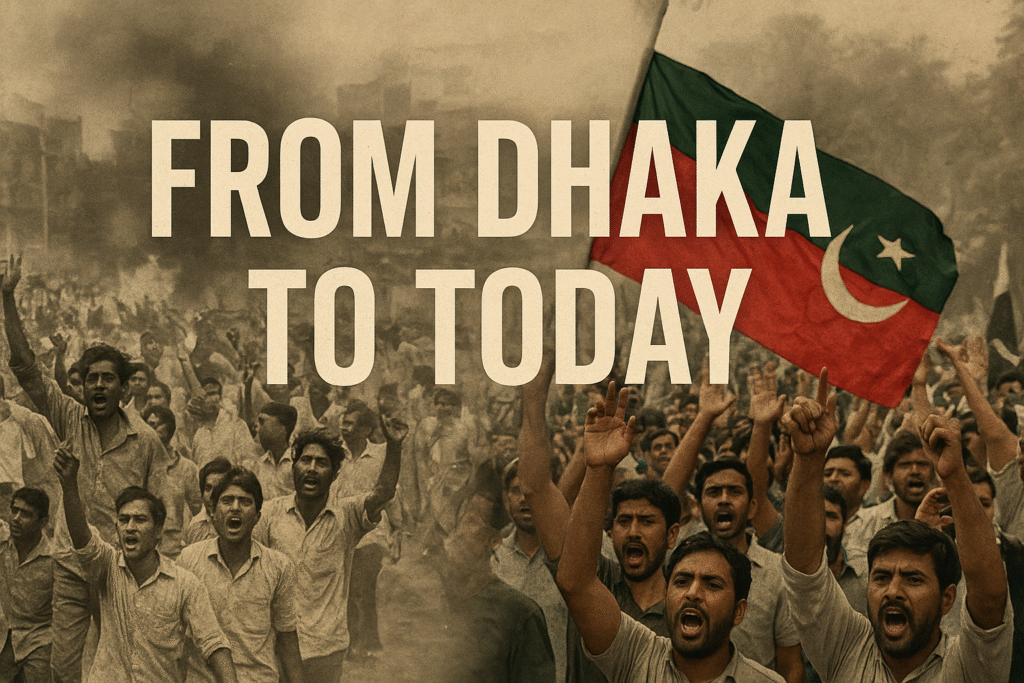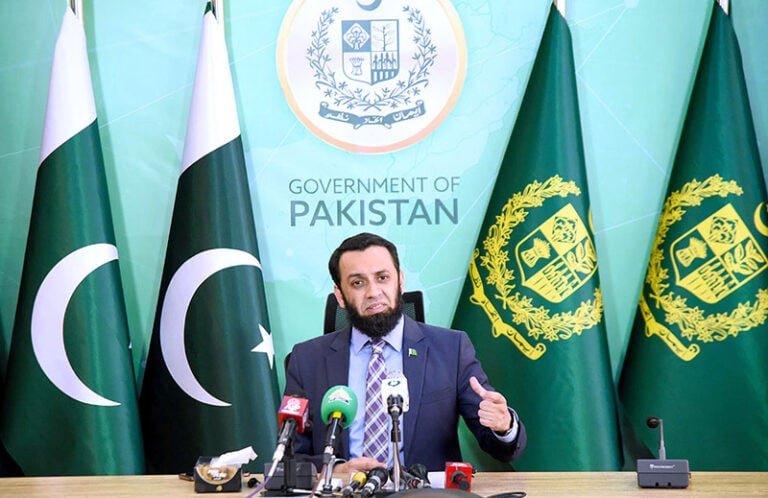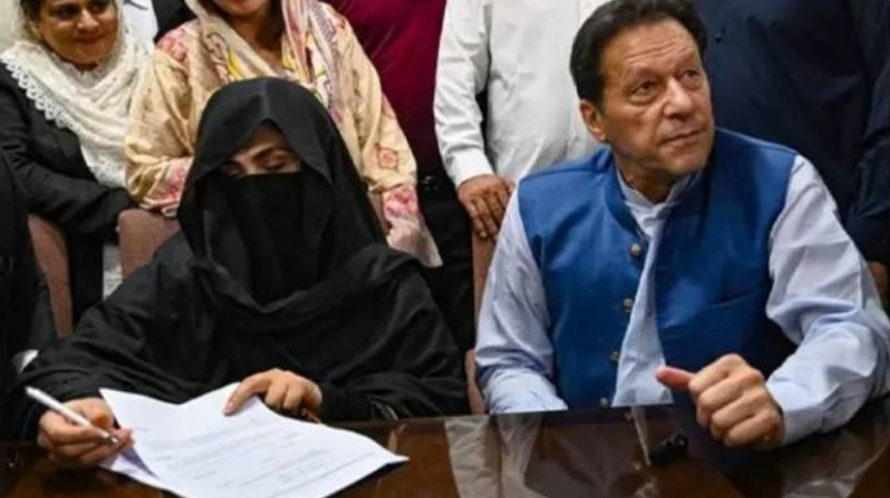Introduction
History often warns nations with signals, but when ignored, those warnings repeat themselves as tragedies. From Dhaka to Today, Pakistan stands at a crossroads much like it did in 1971, when the fall of Dhaka carved the country into two halves. That painful separation was not the result of external forces alone—it was born out of arrogance, selfishness, and the suppression of the will of the people. Fast forward to 2025, and many observers, political analysts, and citizens see the same cycle of authoritarianism unfolding again.
The words of former Prime Minister Imran Khan, spoken from behind the walls of Adiyala Jail, resonate with the echoes of history. He draws stark parallels between Yahya Khan’s disastrous dictatorship in 1971 and General Asim Munir’s present-day rule. At the heart of both crises lies the same pattern: silencing the people’s voice, undermining democracy, and using force to crush popular movements.
This article explores the historical lessons of 1971, the suppression of democracy today, the engineered May 9 events, the people’s revolt on February 8, and the devastating impact of military operations and refugee crises. It also touches on the personal toll political vendettas have taken on Imran Khan’s family. By revisiting these chapters, we see how history is not only repeating itself but also reminding Pakistan that ignoring the will of the people always leads to national disasters.
The Fall of Dhaka – A National Tragedy
The tragedy of December 1971 is perhaps the darkest chapter in Pakistan’s history. During that time, authoritarian arrogance shattered the dreams of a united homeland for Muslims. General Yahya Khan, the then military ruler, imposed martial law and clung to power at the expense of the nation’s unity. He characterised his rule by personal indulgence, unchecked authority, and a refusal to respect democratic mandates.
The Awami League, led by Sheikh Mujibur Rahman, sowed the seeds of discontent by securing an absolute majority in the 1970 elections. Winning 160 out of 162 seats allocated to East Pakistan, Mujibur’s party became the largest in the National Assembly, giving it the constitutional right to form the government. But instead of respecting the people’s mandate, Yahya Khan dissolved the results, placed Mujibur in prison, and tilted the balance of seats in favour of West Pakistani politicians.
The most fateful decision came on March 25, 1971. Instead of pursuing meaningful negotiations with the Awami League, Yahya Khan authorised “Operation Searchlight,” a brutal military crackdown on Dhaka. Official figures reported 50,000 lives lost, but independent estimates indicate that the actual numbers were much higher. What followed was bloodshed, rebellion, and eventually the disintegration of Pakistan into two states.
This tragedy was not merely about geography; it was about broken trust. East Pakistanis felt alienated, treated as second-class citizens, and brutally suppressed when they demanded their rights. The fall of Dhaka was the outcome of arrogance—the arrogance of one man who valued his power more than the unity of a nation.
The Hamood-ur-Rehman Commission Report
After the loss of East Pakistan, the government formed the Hamood-ur-Rehman Commission to investigate the causes of the debacle. Led by Chief Justice Hamood-ur-Rehman and involving representatives from the Army, Navy, and Air Force, the commission spent four years recording hundreds of testimonies and examining evidence.
The findings were damning. The report concluded that Yahya Khan and his clique had manipulated events for personal gain, prolonging illegitimate rule instead of respecting the democratic process. The military’s excesses in East Pakistan, including massacres and widespread human rights abuses, marked the turning points that destroyed the bond between the two wings of the country.
The report also underlined the absence of accountability. Authorities never punished the officers responsible for atrocities, and they ignored recommendations for structural reforms. The tragedy buried itself in files, but the lessons remained painfully relevant: when leaders prioritise personal ego over the will of the people, nations fall apart.
Sadly, the same mistake seems to be repeating itself today, with a different cast of characters but the same script of authoritarian suppression.
Political Parallels Between 1971 and 2025
Imran Khan’s statements from Adiyala Jail draw a chilling parallel between Yahya Khan’s dictatorship and the current role of General Asim Munir. In both cases, a popular political force faced crushing through force, manipulation, and state machinery.
Just as the Awami League was denied its constitutional right to rule in 1971, Pakistan Tehreek-e-Insaf (PTI) has been systematically denied its democratic mandate in 2025. Despite winning the majority in the February 8 elections, PTI has been stripped of its seats, its symbol, and even its basic political rights. Arrests, trials, and fabricated charges have become tools to silence the largest political party in the country.
The people of Pakistan recognise this similarity. The same arrogance, the same refusal to respect the public vote, and the same reliance on military power over civilian authority continue to repeat themselves. If history is any guide, such suppression never ends well.
May 9 as a False Flag Operation
The government’s narrative paints May 9, 2023, as a day of violence and rebellion. But Imran Khan and PTI call it a false flag operation designed to justify a crackdown on the party.
According to PTI, thousands of party members were arrested overnight, and over 10,000 people were arrested within 48 hours. This level of efficiency suggests pre-planned lists, not investigations. Political activities were banned, offices sealed, and even raising PTI’s flag became a punishable offence.
By invoking May 9, the establishment justified crushing PTI’s political space. It is eerily similar to how Yahya Khan used “law and order” as an excuse to suppress the Awami League in 1971. Both times, the state chose confrontation over dialogue, force over democracy, and silencing over listening.
The February 8, 2024, Election – A Turning Point
February 8, 2024, became a symbolic day in Pakistan’s political history. Despite every attempt to suppress the PTI, including the kidnapping, torture, and denial of symbols to its candidates, the people turned out in massive numbers to vote. The result was a two-thirds majority in favour of PTI, a clear rejection of the establishment’s narrative.
However, what should have been a day of democratic triumph quickly transformed into another chapter of manipulation. Whistleblowers like Commissioner Pindi exposed massive vote rigging, uncovering the theft of up to 50,000 votes. His confession shook the nation, but soon after, he mysteriously disappeared under claims of “mental instability.” This disappearance reinforced the belief that truth-tellers face silencing rather than honour.
Instead of respecting the people’s verdict, seats were snatched away from PTI leaders. Courts issued fabricated 10-year sentences against PTI candidates. By-elections became a farce, where losing candidates like Rana Sanaullah received “gifted” seats stolen from rightful winners like Ijaz Chaudhry. In protest, PTI boycotted the by-elections, declaring them a sham.
This refusal to respect the ballot box mirrors 1971, when Mujibur Rahman’s victory was denied. Once again, history’s lessons have been ignored, and Pakistan risks walking the same tragic path.



